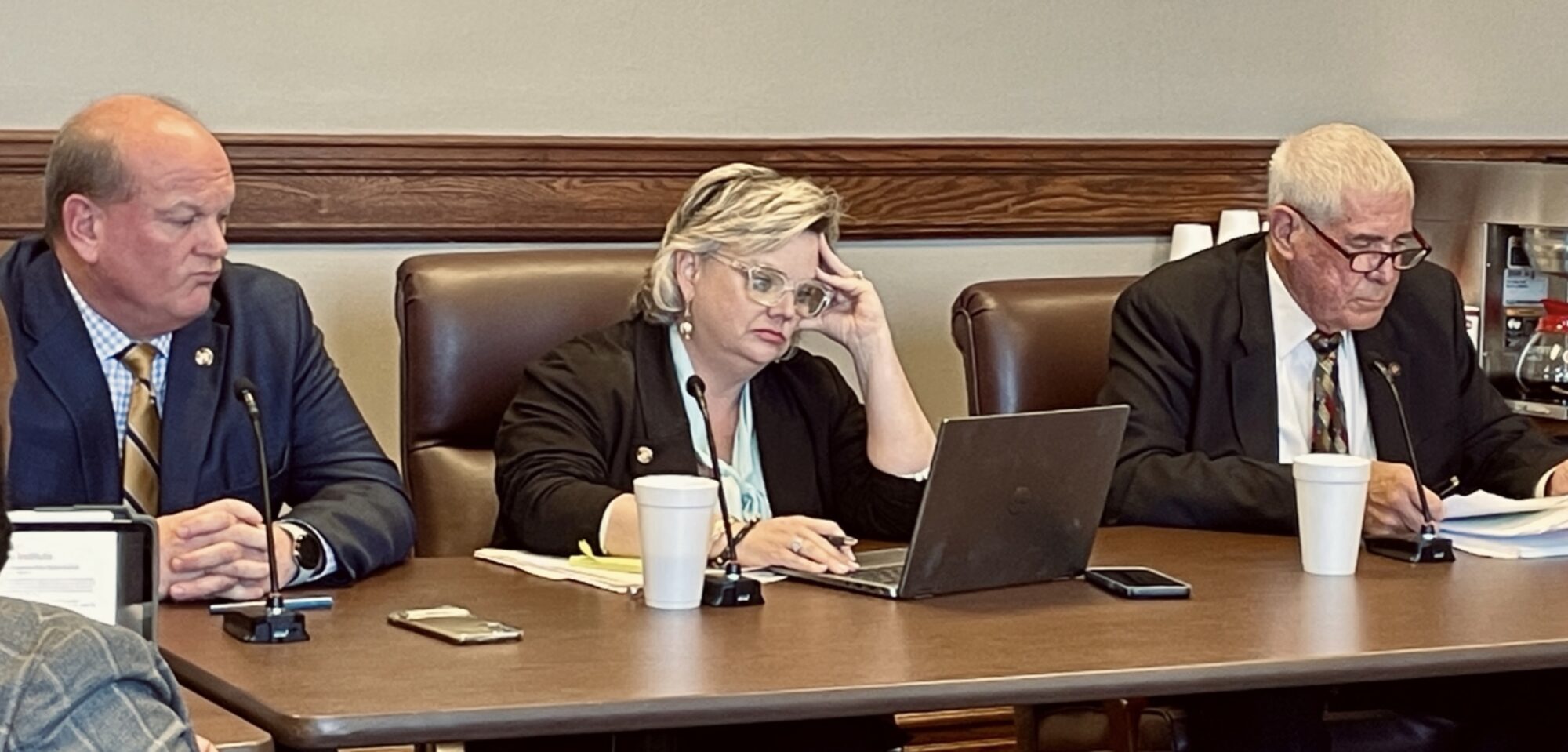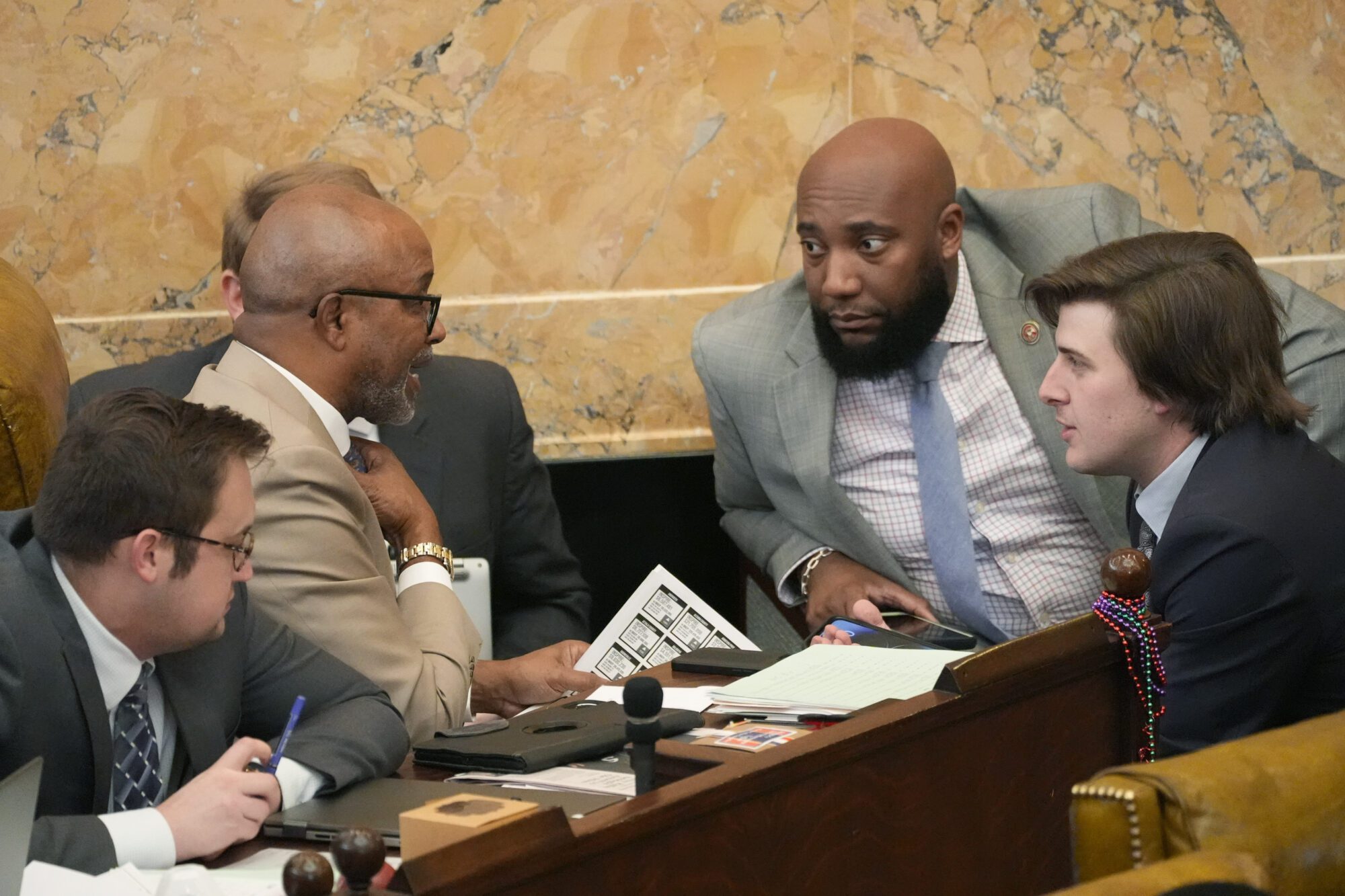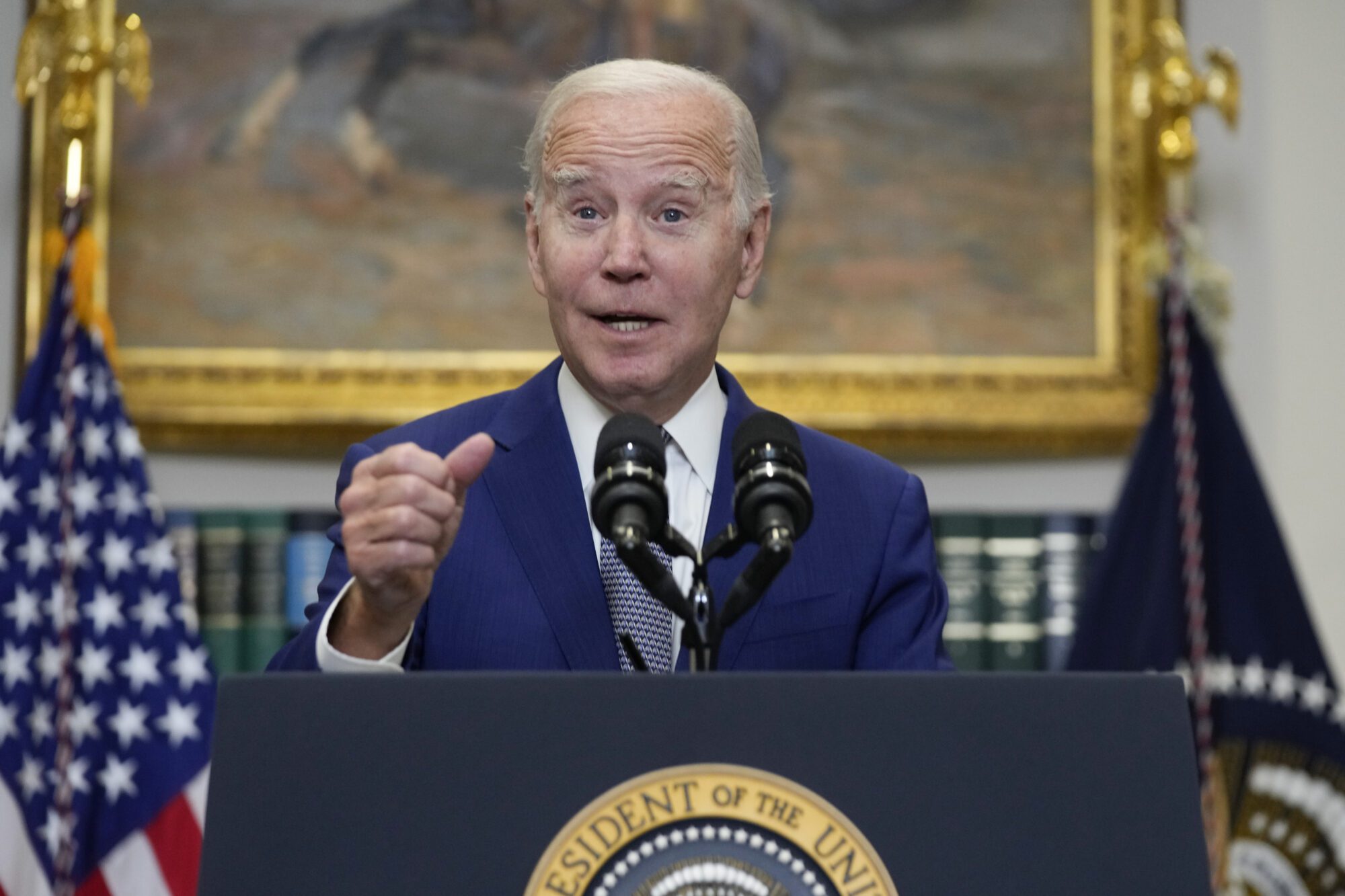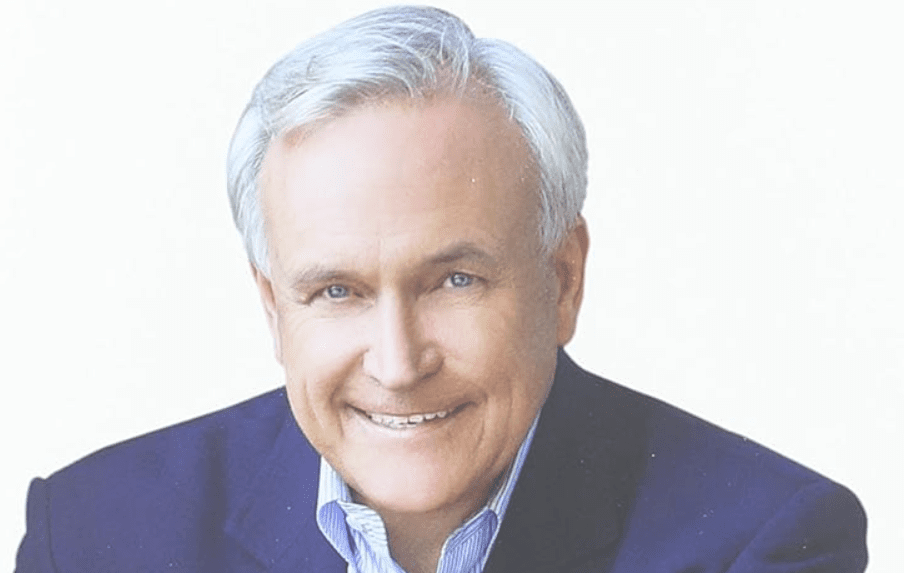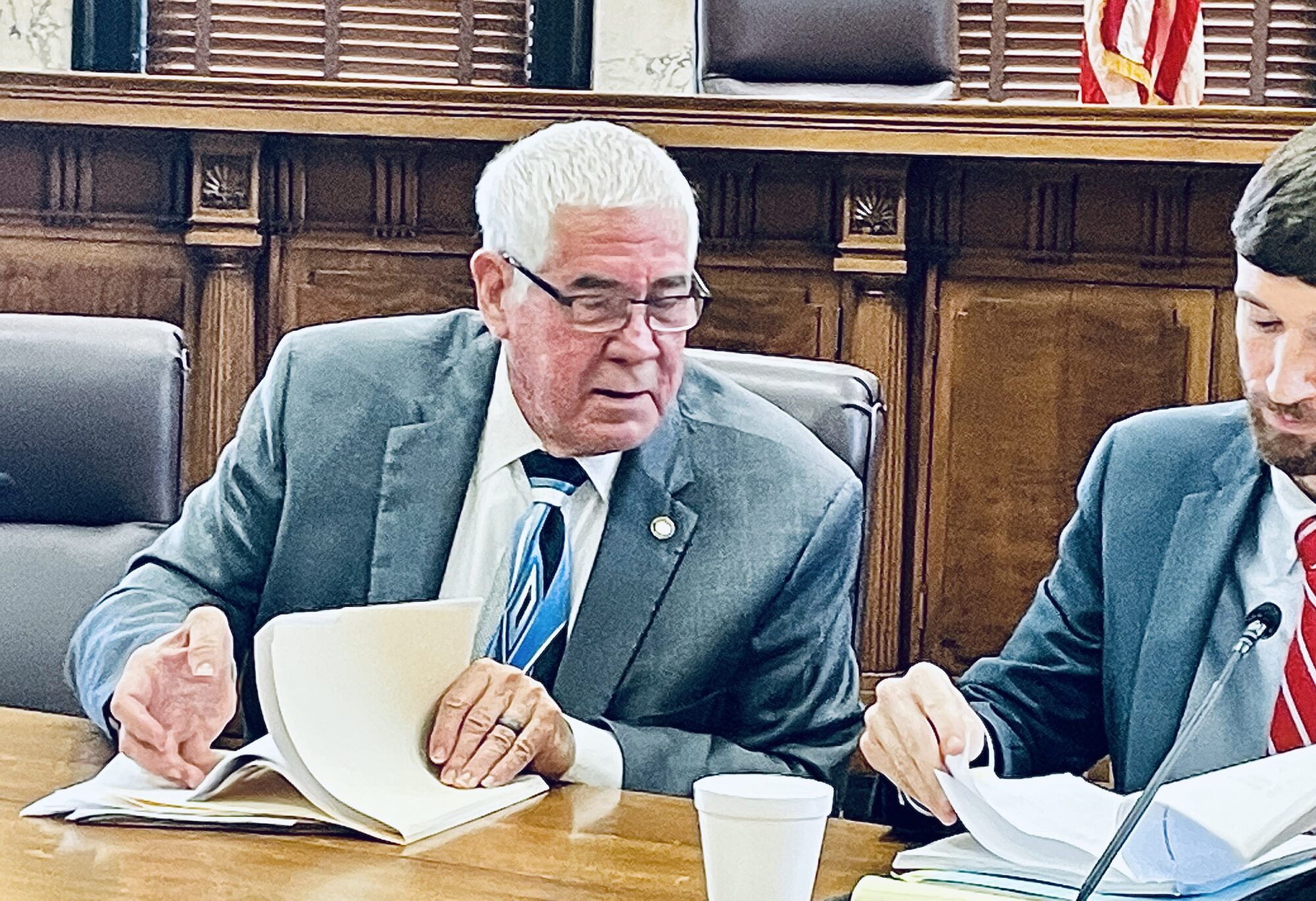
Senator Kevin Blackwell, Chair of Senate Medicaid Committee
- Partial Medicaid expansion could save the state up to $180 million annually when compared to full expansion proposals, while covering the same number of people. Here’s how.
Partial Medicaid expansion, like the Mississippi Senate plan to expand up to 99 percent of the Federal Poverty Level (FPL), could save the state up to $180 million annually when compared to full expansion proposals, despite full expansion drawing down a higher federal match rate. Here’s how.
The federal government presently pays approximately 77 percent of the expense of running Mississippi’s nearly $7 billion Medicaid system.
If Mississippi enacts full Medicaid expansion — covering able-bodied adults up to 138 percent of the Federal Poverty Level — the federal government would pay 90 percent of the cost for the expansion population. If Mississippi enacts partial expansion, as the Senate proposed, the federal government’s match would remain at 77 percent.
Supporters of full expansion have argued that the state should not pass on the higher match rate. But math is a funny thing.
The equation for figuring out which proposal would cost the state the most is fairly simple (number of people enrolled x Medicaid cost per person x state percentage of responsibility = total state cost).
The projected cost per enrollee if expansion takes effect is $8,706 annually. The below chart includes two partial expansion scenarios — one in which a work requirement reduces the number of participants to 40,000 and one that assumes full participation of the current estimated covergage gap (74,000). It also includes three enrollment scenarios for full expansion.
| Number of Enrollees | Cost Per Enrollee | State Match Rate | State Cost |
|---|---|---|---|
| 40,000 (Partial + Work Requirement) | $8,706 | 23% | $80.1 Million |
| 74,000 (Partial Expansion) | $8,706 | 23% | $148.2 Million |
| 200,000 (Full Expansion) | $8,706 | 10% | $174.1 Million |
| 250,000 (Full Expansion) | $8,706 | 10% | $217.7 Million |
| 300,000 (Full Expansion) | $8,706 | 10% | $261.2 Million |
The estimated size of the full Medicaid population has varied, but supporters seem to be gravitating toward 200,000 people. This almost certainly is too small. Every state that has expanded Medicaid has blown through the estimated enrollment.
The Center for Medicare and Medicaid Services (CMS) says there are 181,844 enrolled in an ACA exchange private health plan between 100-138 percent of FPL. If full expansion passes, these people would lose their ACA subsidy and be shifted to Medicaid. So if the 74,000 in the coverage gap (up to 99%) is combined with the 181,844 (100-138%) on the ACA exchange, the number of potential enrollees is at least 255,844. This is before people who are eligible, but not currently enrolled are considered.
Invariably, the response to this data is that partial expansion is cheaper because it covers fewer people. But as explored yesterday, this does not mean that fewer people would have access to insurance. Remember, people earning 100-138 percent of the FPL already have access to fully-subsidized private health plans on the ACA exchange.
Because of current benefits available on the ACA exchange, partial expansion not only would save the state money, but would result in the same coverage group having access to health insurance as full expansion would.
